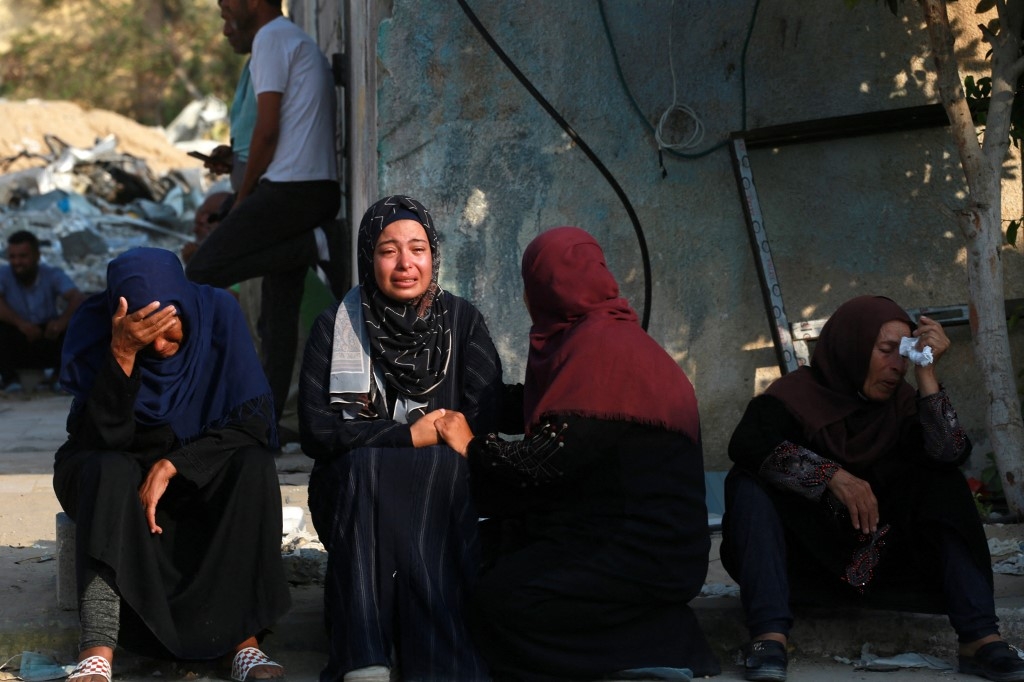Analysis: ICJ opinion upends the order that oppresses Palestinians

Fifty-seven years have passed since Israeli forces swept through East Jerusalem and the West Bank during the 1967 Arab-Israeli war, known in Israel as the Six Days War.
Ever since these areas have remained under Israeli military occupation. A brutal occupation to be sure.
But it was a legal occupation, according to the letter of international law, which sets out duties and responsibilities that an occupying power must uphold in territory under its control during armed conflict.
Certainly, many of the actions carried out by the Israeli government, above all the transfer of 700,000 settlers into occupied territory, are widely regarded to have been in direct defiance of international law.
Friday’s momentous advisory opinion from the International Court of Justice (ICJ) in The Hague, the UN’s top court, changes that.
The court has found that the entire occupation is unlawful and that Israel's settlement policy is in breach of the Geneva Convention, which states that "the Occupying Power shall not deport or transfer parts of its own civilian population into the territory it occupies".
It has found, too, that Israel's policies and practices in the occupied Palestinian territories amount to annexation of large parts of these territories, and that Israel systematically discriminates against the Palestinians who live there.
You can read Middle East Eye columnist Peter Oborne and MEE Palestine bureau chief Lubna Masarwa's full analysis below.


